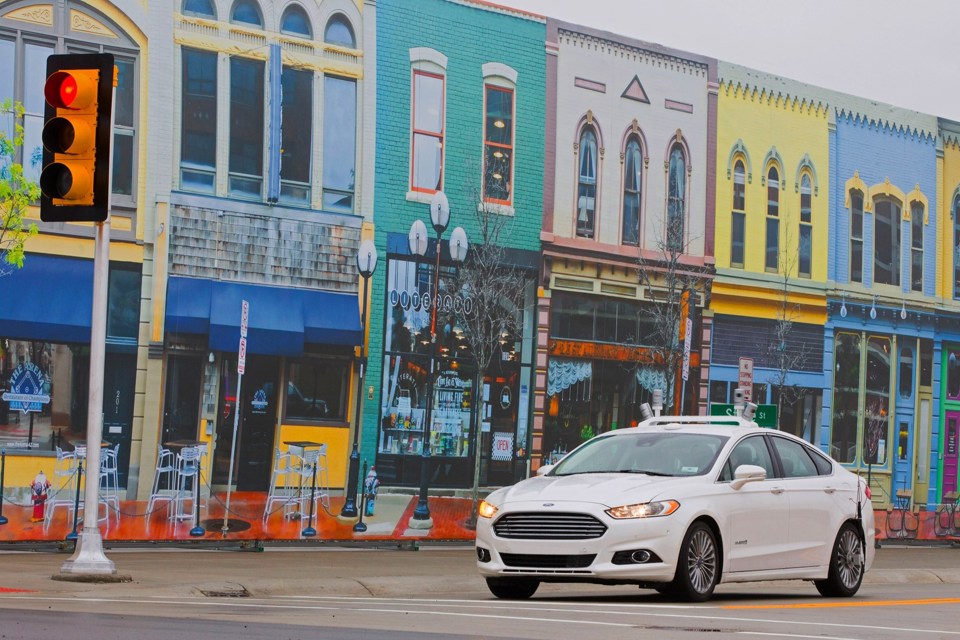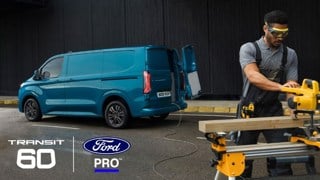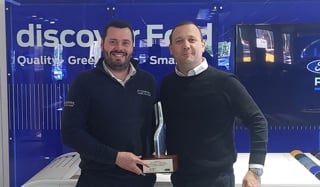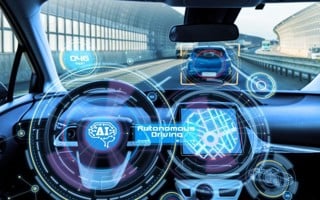Ford has started testing its autonomous vehicle technology at a simulated real-world 32-acre urban environment.
The driverless car facility, called Mcity, is at the University of Michigan in the USA and is part of its Mobility Transformation Centre.
Mcity provides real-world road scenarios for testing – such as running a red light – that cannot be replicated on public roads. There are street lights, pedestrian crossings, lane markings, bike lanes, trees, pavements, signs, traffic lights and construction barriers.
Raj Nair, Ford group vice president, global product development, said: “Testing Ford’s autonomous vehicle fleet at Mcity provides another challenging, yet safe, urban environment to repeatedly check and hone these new technologies.
“This is an important step in making millions of people’s lives better and improving their mobility.”
Ford has been testing autonomous vehicles for more than 10 years globally – including research with the Ford Mondeo by the UK Autodrive Consortium at MIRA test facility in Nuneaton, UK – and with its Fusion Hybrid Autonomous Research Vehicle with the University of Michigan since 2013 to advance sensing systems for next-generation Fords.
The Ford Fusion Hybrid Autonomous Research Vehicle is tested over a range of surfaces – concrete, asphalt, simulated brick and dirt – and manoeuvres two-, three- and four-lane roads, as well as ramps, roundabouts and tunnels. The Ford test vehicles merge today’s driver-assist technologies with LiDAR sensors – technology that measures distance using lasers and analyses any reflected light – to generate a real-time 3D map of the surrounding environment.



















Login to comment
Comments
No comments have been made yet.